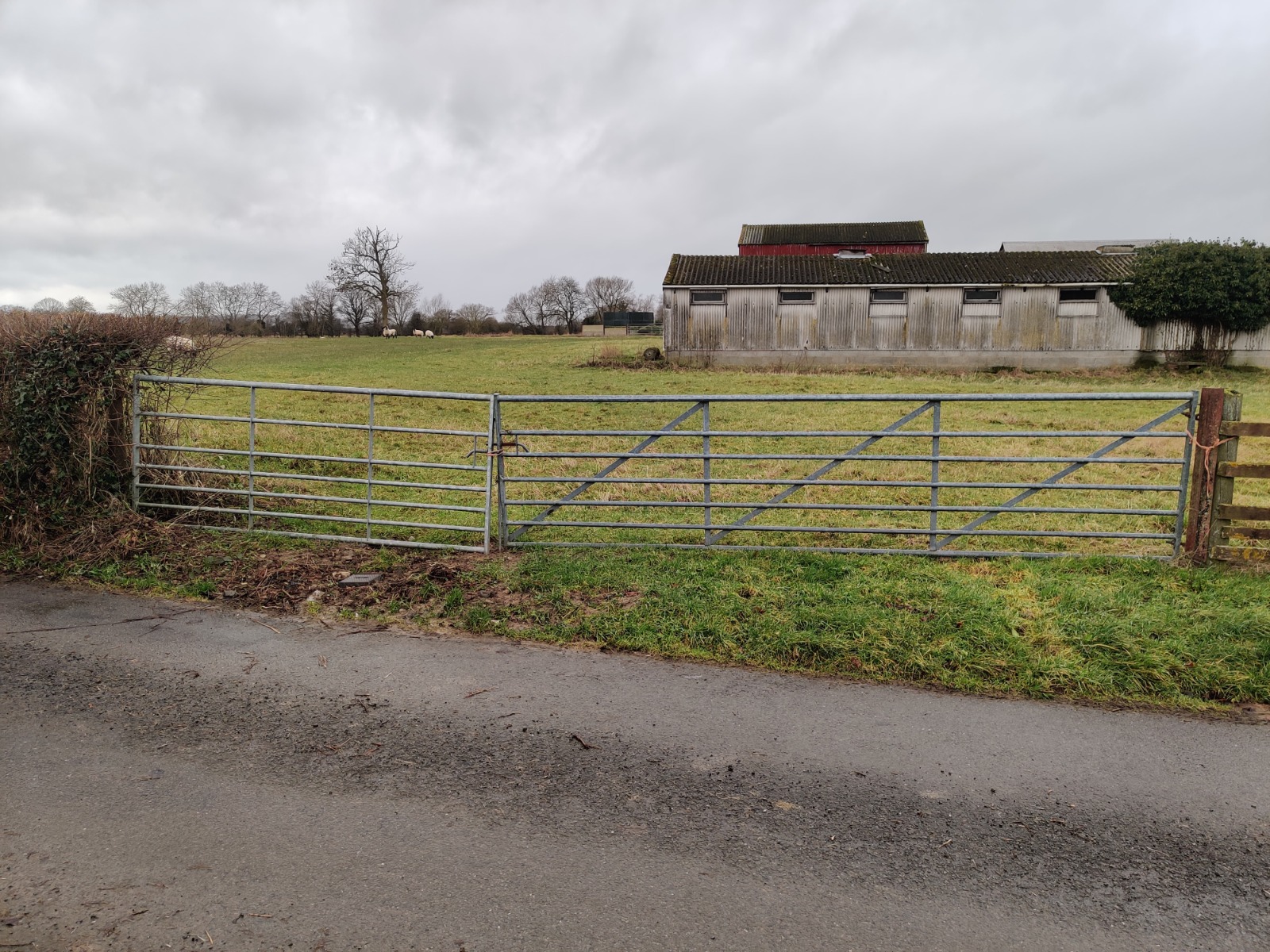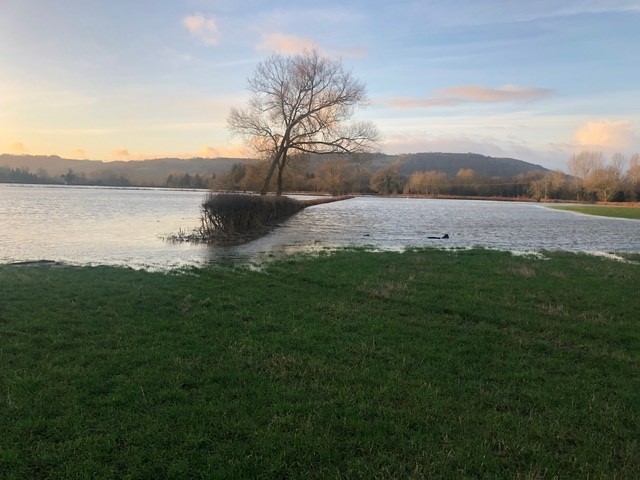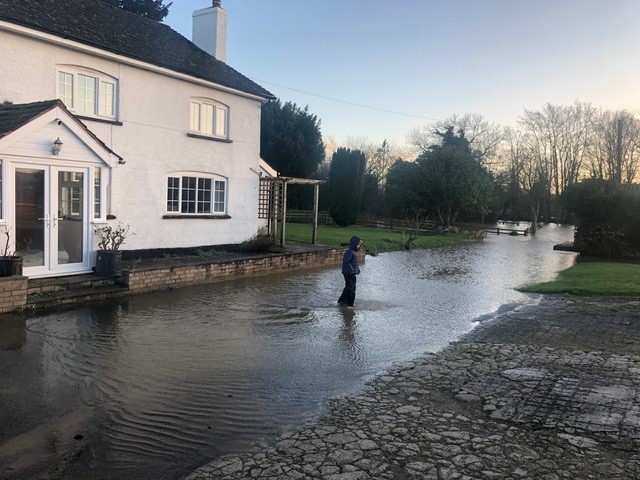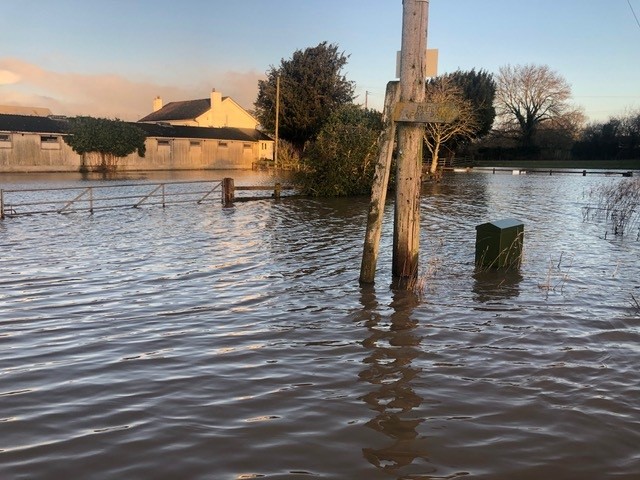Yew Tree Farm Holistic Farm Remodelling Project
Remodelling a flood-prone, intensive pig farm into a flood-resilient, biodiverse nature retreat.
Project Particulars:
Client: Private Landowners
Location: Herefordshire
Holding: 30 acres of permanent and temporary grass pasture and redundant farm buildings
Existing Business: Previously an intensive pig unit
Vision & Brief: Increase revenue, flood resilience and asset utilisation
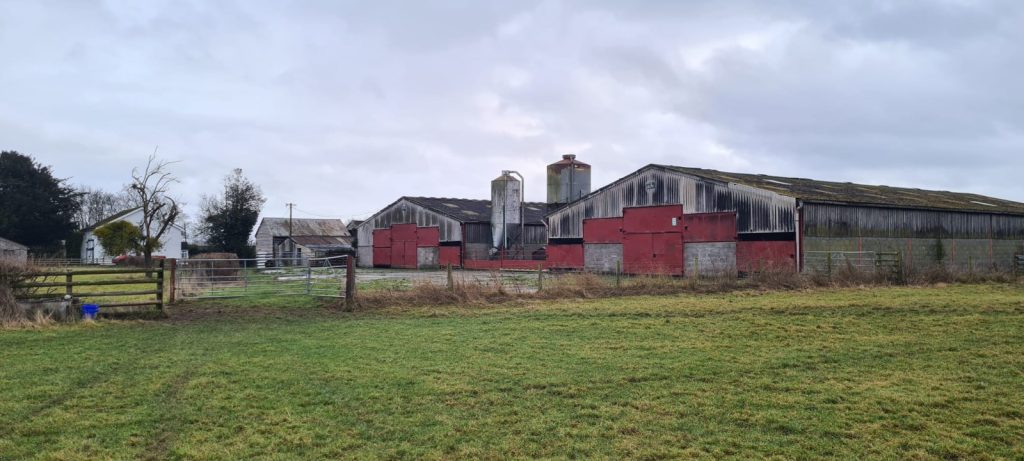
Services Provided:
Estate masterplanning
Feasibility studies
Financial strategy
Business planning and modelling
Project management & coordination
The Challenge:
Limited agricultural income from grazier and forage. No appetite to continue the historical intensive pig unit
Severe flood risk (Flood Zone 2 & 3), preventing access and increasing asset damage risk during peak flood events
A lack of understanding regarding the opportunities available to generate revenue.
No viable route to profitability through farming alone
Multiple farm buildings facing disrepair if not invested in and used
Restrictive highways access
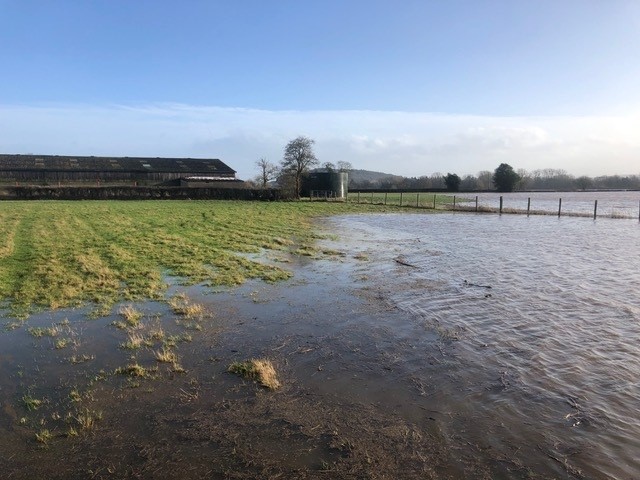

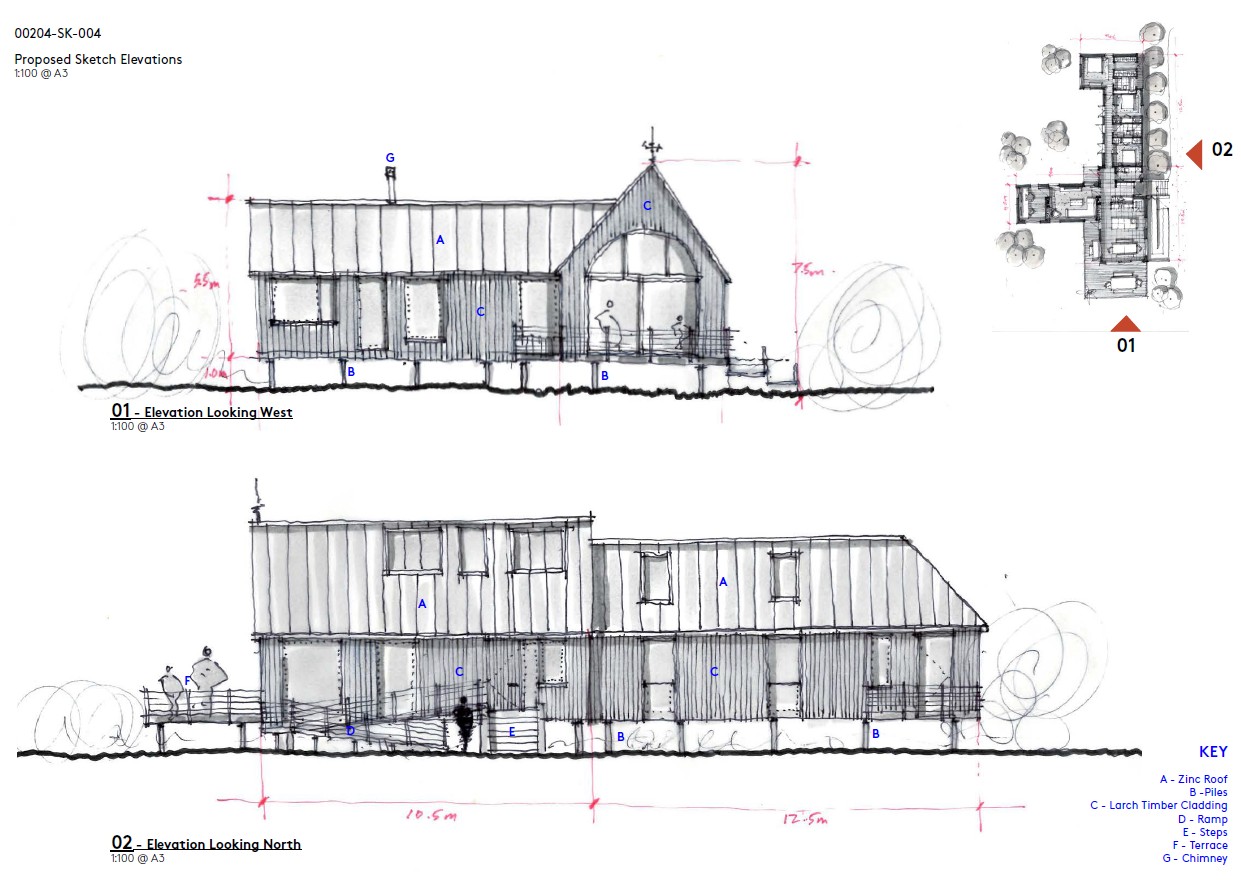
The Solution:
To address these challenges, DPA provided strategic estate masterplanning, to create a holistic approach to unlocking the farm’s potential in a manner where the client’s requirements and preferences were met.
The first priority was to understand how to alleviate the constraints, which were namely flood risks and access. From there, lower capex opportunities were identified to potential income streams—most notably the ability to enter the land into a Biodiversity Net Gain (BNG) scheme, generating both up-front capital and long-term income generation. This early revenue is a catalyst for further diversification and formed part of the investment strategy for wider developments.
In tandem with the BNG scheme, a phased development strategy for the various agricultural buildings was created. This included proposals to convert existing agricultural buildings into nature-based holiday accommodations, tapping into the farm’s rural charm, location, and market demand for countryside retreats. This also aligned with the client’s skillsets. The need for a new, flood-resilient primary residential dwelling was also incorporated, giving the client a secure, sustainable primary residence.
Outcomes:
This project remains active. As progress continues, the following outcomes have been and will be realised.
- Comparably significant revenue generation from the farmable area via BNG, whilst still allowing for the grazing of livestock and forage cuts each year, as part of the scheme management
- Improved the biodiveristy of the holding
- A positive pre-planning application
- A Class Q fallback position for the development of a new flood-resilient primary residence.
- 4 proposed flood-resilient tourist lets (including the existing farmhouse), enabling a pathway towards nature-based tourism income
- A clearly outlined phased plan for growth, farm viability, and financial and environmental resilience.
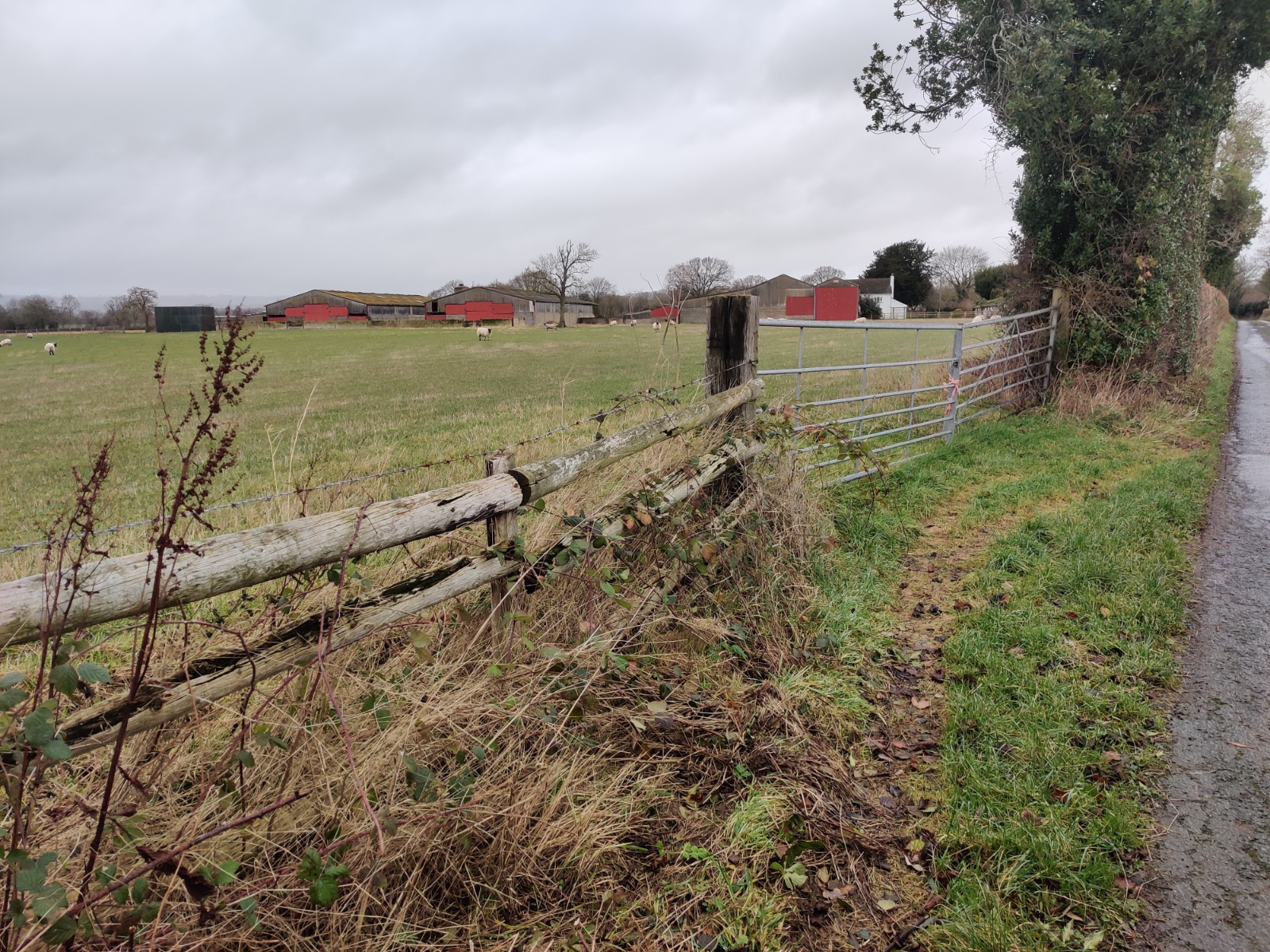
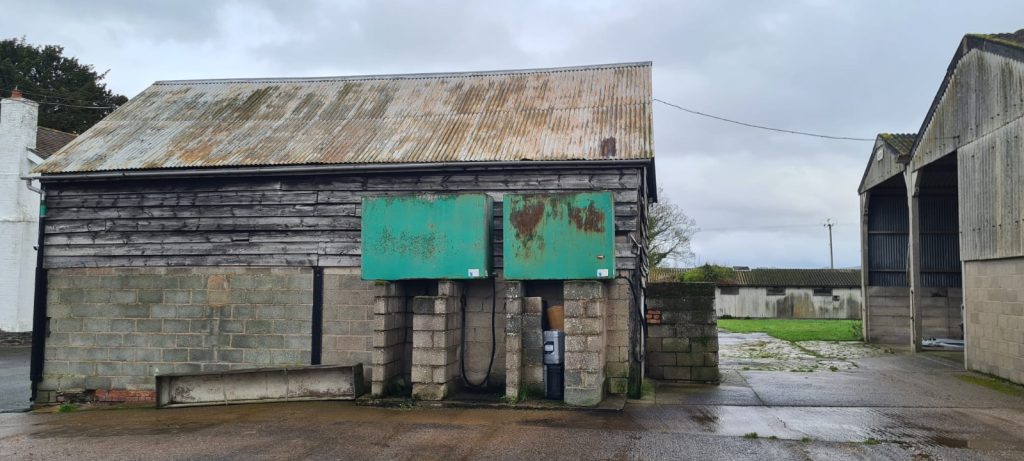
Project Team:
- Project Manager – Dudley Peverill Associates
- Lead Consultant – Dudley Peverill Associates
- Planning Consultant – Tompkins Thomas Planning
- Designer – Timothy Tasker Architects Ltd
- Hydrologist – LDE/ RSK
- BNG Suplier – Civity
- Transport Consultant – Rappor
- Ecologist – Mortimer Environmental
Project Updates
RIBA Stage 3: Planning and Design
Currently, the project is within RIBA Stage 3, with the team implementing a complex planning strategy to achieve permission for the overall scheme. After conducting a pre-application consultation with the local planning authority, it became clear that while there was general support for the project, policy was less supportive of an additional dwelling on-site. To overcome this hurdle, the team successfully utilised permitted development rights (Class Q) as a fallback position. Now that this fallback position is in place, the team is currently working towards the submission of a full planning application.
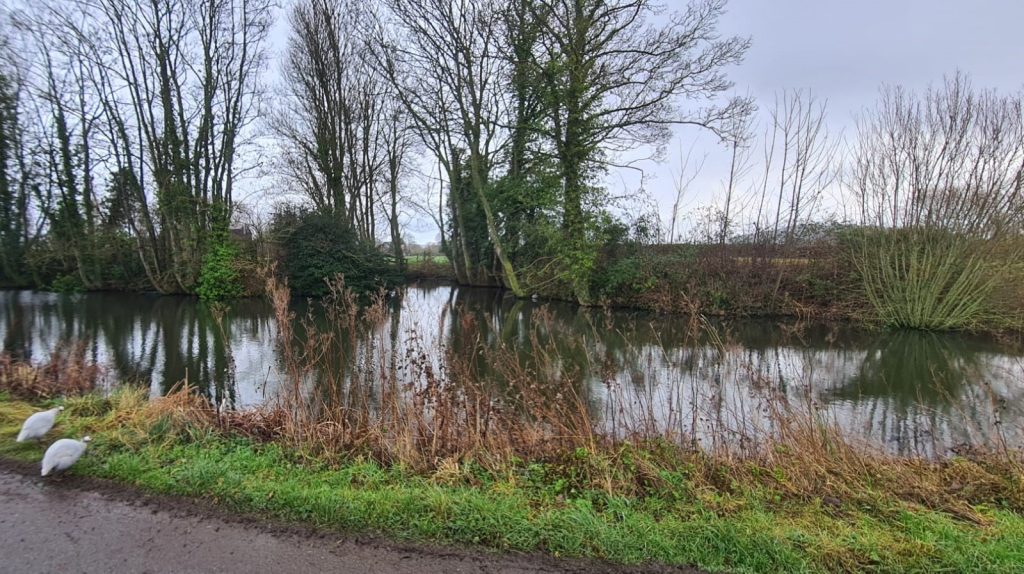
Keep up to date with project progress by revisiting this page.
Conclusion
This ongoing project at Yew Tree Farm demonstrates the importance of a strategic, multifaceted approach to rural diversification. By combining natural capital opportunities, tourism development, and thoughtful planning strategies, the project can not only enhance the farm’s financial viability but also created a sustainable future for the client and holding, turning challenges into opportunities.
At Dudley Peverill Associates, we don’t just deliver farm diversification—we create sustainable rural futures.
Contact us to get discuss your opportunities.
